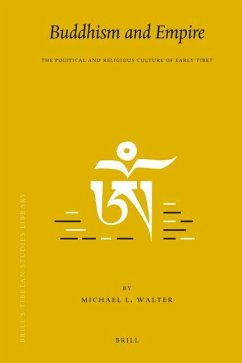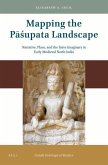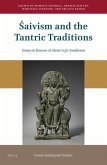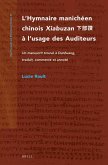This book convincingly reassesses the role of political institutions in the introduction of Buddhism under the Tibetan Empire (c. 620-842), showing how relationships formed in the Imperial period underlie many of the unique characteristics of traditional Tibetan Buddhism. Taking original sources as a point of departure, the author persuasively argues that later sources hitherto used for the history of early Tibetan Buddhism in fact project later ideas backward, thus distorting our view of its enculturation. Following the pattern of Buddhism s spread elsewhere in Asia, the early Tibetan imperial court realized how useful normative Buddhist concepts were. This work clearly shows that, while some beliefs and practices per se changed after the Tibetan Empire, the model of socio-political-religious leadership developed in that earlier period survived its demise and still constitutes a significant element in contemporary Tibetan Buddhist religious culture.








